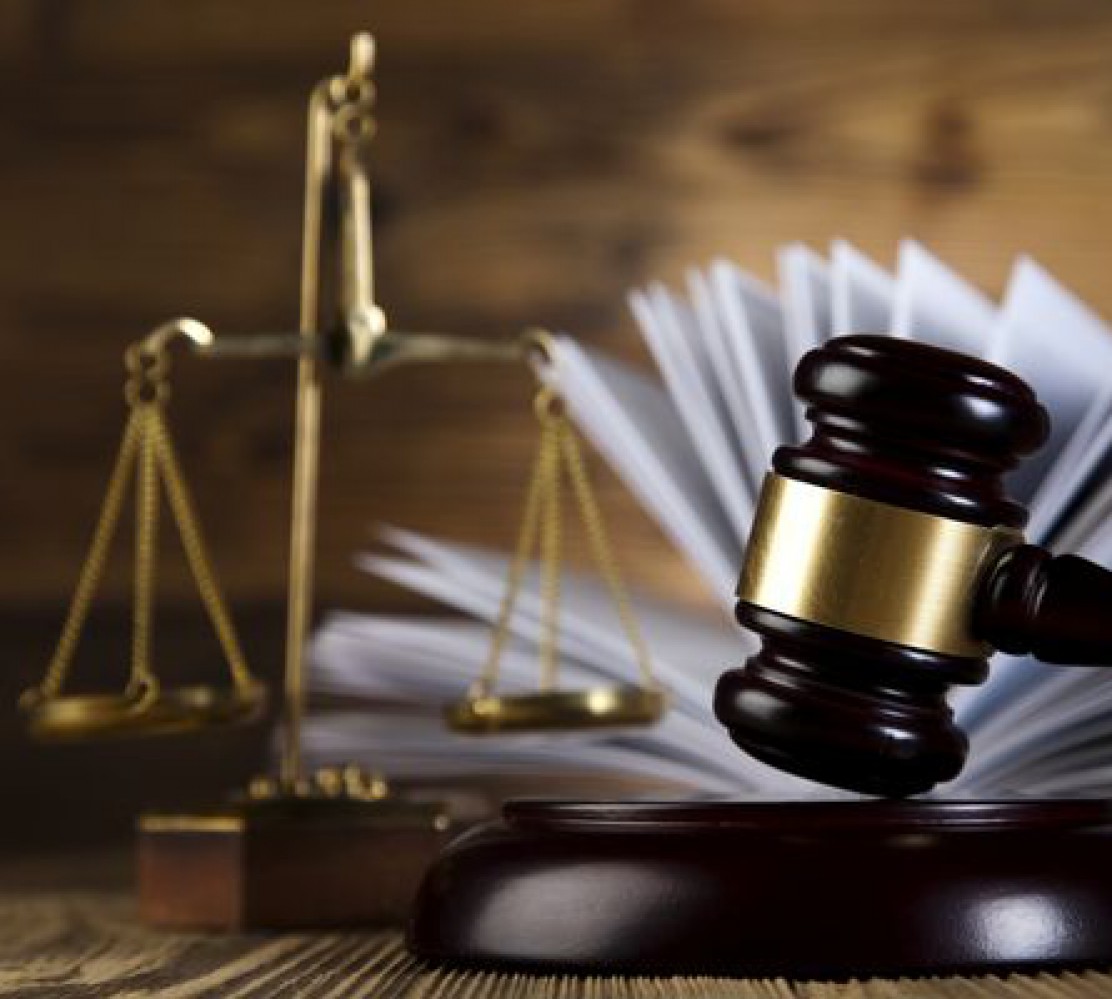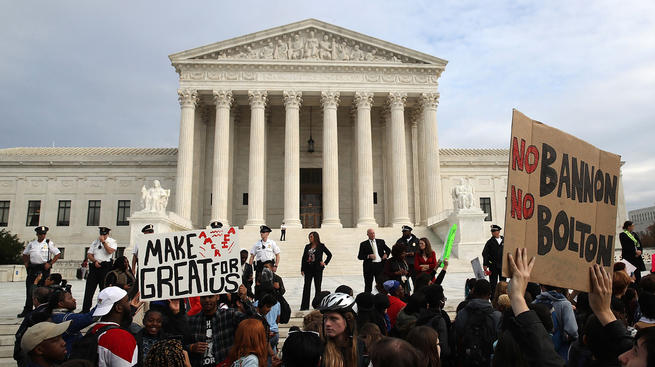Source : The Register News
By : Alexander J Martin
Category : Bail Bond in Sanford , Sanford Bail Bond
IPBill Queen Elizabeth II today signs off on Parliament’s Investigatory Powers Act, officially making it law in the UK. Her Maj not only had the last word on the new legislation — aka the Snoopers’ Charter — she had the first. She publicly announced what the law would be called during the official opening of Parliament after last year’s general election. A first draft of the Investigatory Powers Bill was published six months later, alongside a confession that successive British governments had been issuing secret directives to telcos to intercept Brits’ communications anyway. Many were pleased such secret surveillance was now being explicitly codified.
Prime Minister Theresa May — then Home Secretary — claimed that it only introduced the one new power: “requiring communications service providers to retain internet connection records when given a notice by the Secretary of State.” This is a fancy way of saying ISPs and Wi-Fi hotspot providers will be ordered to log all websites visited by people in the UK. These records include the top level of the URLs visited – such as theregister.com – rather than the full URLs, when the site was accessed, and by whom. Police forces, local councils, intelligence services, government agencies, and more, are authorized to request the data from internet providers. Legal challenges against the bill are already under way, with members of the Don’t Spy on Us coalition continuing their involvement in legal action against the proposed mass surveillance powers. The organisation notes: The UK’s legal regime for bulk surveillance is being challenged in two separate cases at the ECHR, while the data retention regime is being questioned in the UK and EU courts in the Watson (previously Watson-Davis) challenge. We expect both courts to place further demands for safeguards and restraints on the highly permissive UK surveillance regime. There has never existed a single law regarding data retention powers in the UK which has not, in some form or another, been amended due to a legal challenge. Popular opposition to the law has already provoked over 133,000 citizens to sign a petition calling for its repeal, and although that is unlikely to happen, the petition’s motion must now be considered by Parliament.
Those who campaigned against the legislation are disappointed. Bella Sankey, the Policy Director for Liberty, described today as “a sad day for our democracy.” She added: “The Home Secretary is right that the Government has a duty to protect us, but these measures won’t do the job. Instead they open every detail of every citizen’s online life up to state eyes, drowning the authorities in data and putting innocent people’s personal information at massive risk.” Sankey added: “This new law is world-leading – but only as a beacon for despots everywhere. The campaign for a surveillance law fit for the digital age continues, and must now move to the courts.” Jim Killock, exec director at digital rights campaigner the Open Rights Group, agreed: “[Home Secretary] Amber Rudd says the Investigatory Powers Act is world-leading legislation. She is right; it is one of the most extreme surveillance laws ever passed in a democracy. Its impact will be felt beyond the UK as other countries, including authoritarian regimes with poor human rights records, will use this law to justify their own intrusive surveillance regimes.” He continued: “Although there are some improvements to oversight, the Bill will mean the police and intelligence agencies have unprecedented powers to surveil our private communications and Internet activity, whether or not we are suspected of a crime. Theresa May has finally got her snoopers’ charter and democracy in the UK is the worse for it.” ®
Read more : theregister.co.uk/2016/11/29/investigatory_powers_act_2016/






